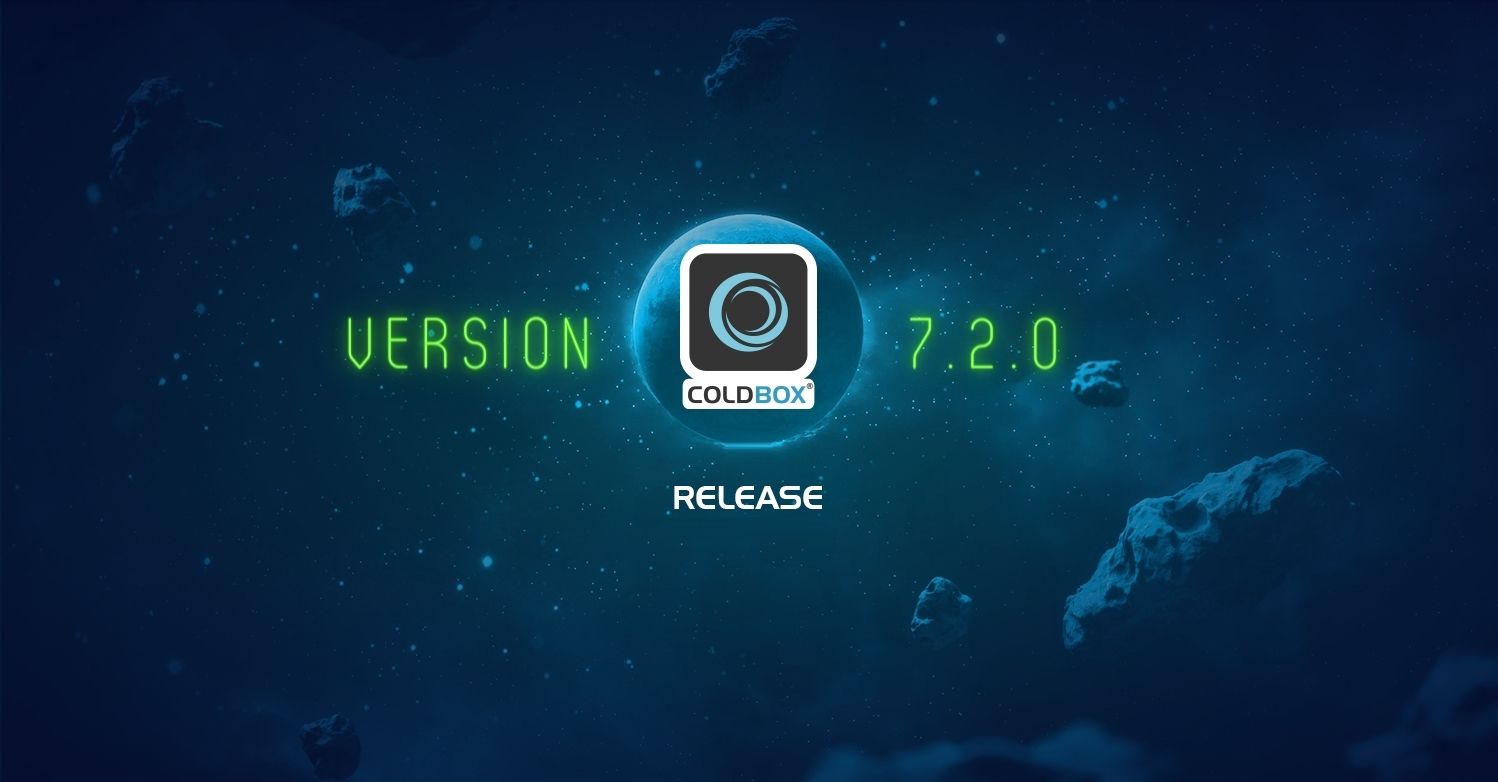The Docker CLI has an extensive suite of commands built-in and it can be painful to remember all of them. So as part of our containers roadshow, we will be blogging about useful tips and tricks for working with containers. We all make mistakes and we all need to be able remove containers from time to time. So let's go ahead and start!
Remove one or more specific containers
Use the docker ps command with the -a flag to locate the name/ID of the containers you want to remove:
# list
docker ps -a
# remove
docker rm ID/nameID/name
Remove Container Upon Exit
If you want to cleanup after yourself, then you can automatically delete a container once it exists from runnable operation using the docker run --rm command.
docker run --rm image_name
Remove All Exited Containers
You can locate containers using docker ps -a and filter them by their status: created, restarting, running, paused, or exited. To review the list of exited containers, use the -f flag to filter based on status. When you've verified you want to remove those containers, using -q to pass the IDs to the docker rm command.
docker ps -a -f status=exited
docker rm $(docker ps -a -f status=exited -q)
Remove Containers Using More Than 1 Filter
Docker filters can be combined by repeating the filter flag with an additional value.
docker ps -a -f status=exited -f status=created
docker rm $(docker ps -a -f status=exited -f status=created -q)
Remove Containers According to Patterns
You can find all the containers that match a pattern using a combination of docker ps and grep. When you're satisfied that you have the list you want to delete, you can use awk and xargs to supply the ID to docker rmi. Please note this will only work on unix based systems.
docker ps -a | grep "pattern”
docker ps -a | grep "pattern" | awk '{print $3}' | xargs docker rmi
Stop and remove all containers
You can review the containers on your system with docker ps. Adding the -a flag will show all containers. Then you can get funky and pass them to the stop or rm commands.
docker ps -a
docker stop $(docker ps -a -q)
docker rm $(docker ps -a -q)




Add Your Comment